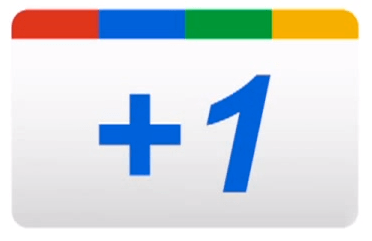
Of course, something happened at June end that may have shaken Fb into its current state, and that was the debut of Google+. Google’s answer to Fb was an instant hit among tech geeks, and it saw extremely rapid growth in its early days. Yesterday Google finally threw open the doors to all, and even tweaked its homepage to draw attention to the network.
Fb was initially quick to respond to Google+. In an event just a matter of days after Google first unveiled it, Mark promised to show something awesome. That turned out to be Fb integration with Skype for 1 on 1 video chats. The new features then became rapid-fire, including improvements to comments and photos, a business portal, an app for feature phones, new sharing and privacy features and finally the retooled news feed.
How much of that was a direct response to Google+? Probably very little. It may seem as if Fb has rolled out a ton of improvements because Google has changed the playing field. Facebook has just got better at making noise about what it’s doing.So why does it feel like Facebook’s running scared? It really doesn’t have to be: it has 750 million users. Share links, like buttons, and Facebook comments on third-party sites have spread widely. Yet it’s introducing and revamping services at such a pace that appears almost desperate.
The problem with all this accelerated changing, particularly with fundamental aspects of the site like the news feed, is that people’s instinct is to respond negatively. It happens every time Facebook does this.
This doesn’t necessarily mean that users will jump ship for Google+. While they certainly have the option, Facebook is a tough service to quit. And the alternative isn’t necessarily that compelling. Google+, for all its cleanliness and interesting features, suffers from the lack of a central theme, and many new users aren’t quite sure what to make of it. Is it a supercharged Twitter, or a place to share only with intimate “Circles”of friends?
The lesson here for Google+ is that it can’t just stand back and watch its enemy shoot himself in the foot, even though Facebook has made that practice an art. For Google+ to capitalize on its rival’s self-defeating habits, it needs to offer a compelling vision of why new users should want be on it. A bunch of arrows pointing to the word “You” isn’t enough. Facebook’s already got “You”. What Google+ needs now is everybody else.



































